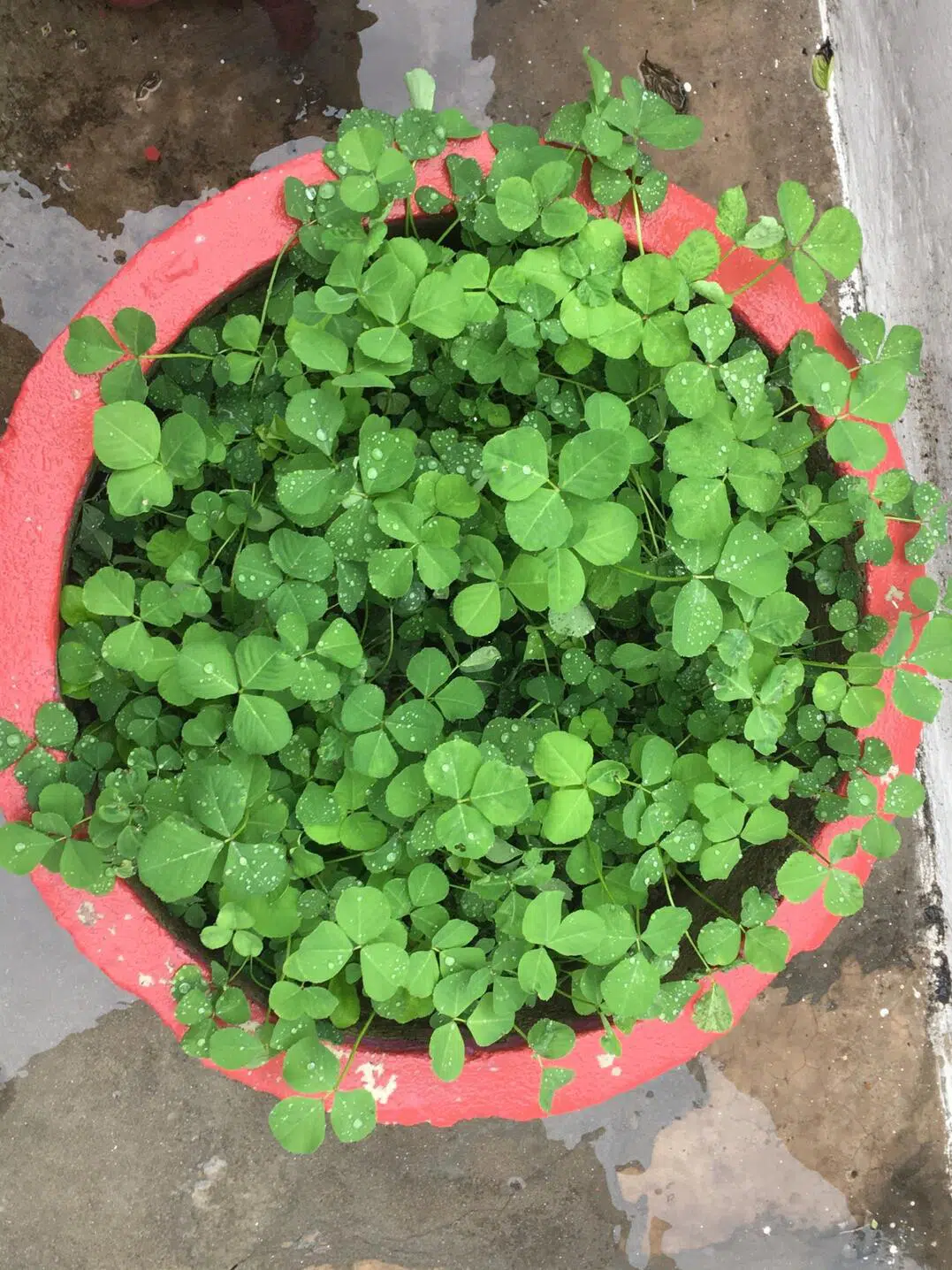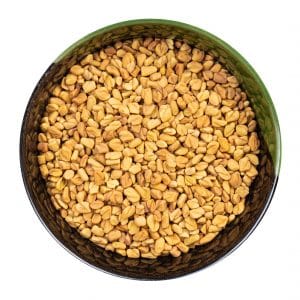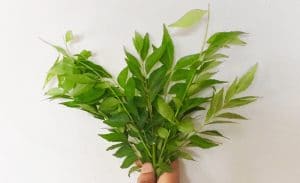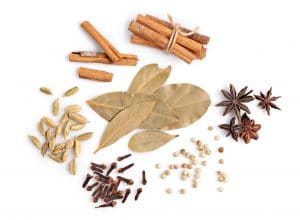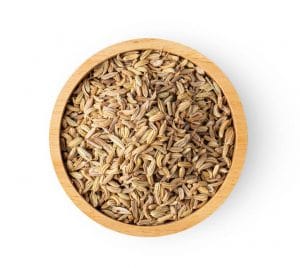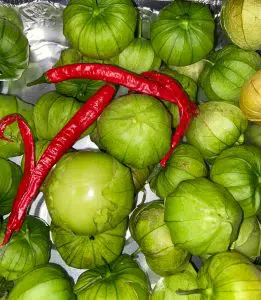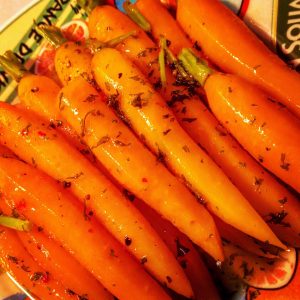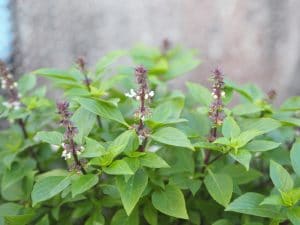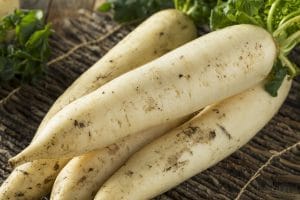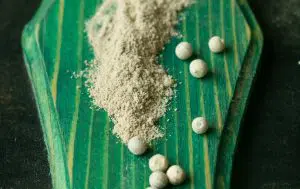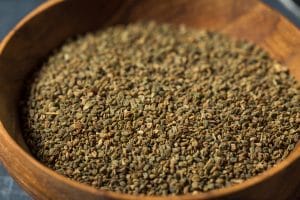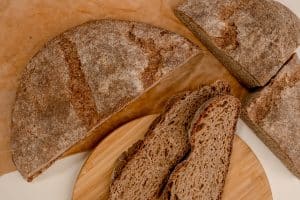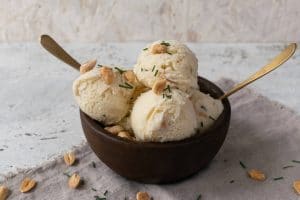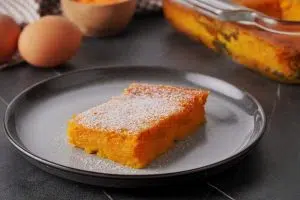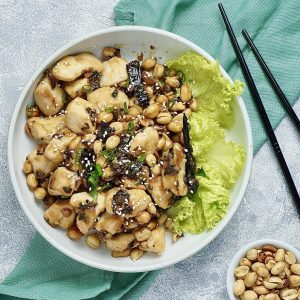Best Substitutes For Fenugreek Leaves
Important Note: When you buy through our links, we may earn a commission. As an Amazon Associate we earn from qualifying purchases. Content, pricing, offers and availability are subject to change at any time - more info.
Fenugreek plants are a popular ingredient found in many Indian cuisines. There, fenugreek is known as “methi.” Over 80% of the fenugreek exported from India is produced in its state Rajasthan. But if you don’t live in India and instead have a hard time getting your hands on fenugreek, you might wonder if there are alternatives that you can use in your recipes.
The good news is that there are alternatives to fenugreek, so you can make recipes that call for it and try new things. But before we get into that, let’s first discuss some of the uses of fenugreek to give you a better understanding of why you might need substitutes in the first place.
Uses of Fenugreek
Fenugreek leaves aren’t just used to increase flavor. They are also traditionally used as medicine. In fact, it’s said that if you boil one cup of fenugreek leaves with two cups of water, you can make an effective DIY remedy for the treatment of mouth ulcers.
Simply filter the liquid and rinse your mouth with your new mixture. Be sure to gargle it, too, for best results. Both the seeds and leaves are used in various recipes and cooking. Just keep in mind that they have a completely different effect on the aroma and flavor of dishes. Therefore, you want to omit them from your dishes.
Fenugreek itself has a rather unique taste, so it really takes research work to narrow down alternatives. And if you don’t generally eat Indian foods, it might not make a whole lot of sense to buy big bulk of fenugreek leaves.
Rather, try just a little bit at first to see whether you really like the stuff. So while fenugreek alternatives can be hard to find, we bring you today what we feel are the best substitutes possible. With this guide handy, you’ll have no trouble replacing fenugreek in recipes.
Fenugreek Benefits
Before we jump into the substitutes, consider some of the many benefits that fenugreek provides. The leaves contain a variety of vitamins, including vitamin B complexes, K, C, and A. What’s more, the leaves deliver calcium, pyridoxine, folic acid, and riboflavin to your body.
Vitamin K helps improve your bone metabolism. To achieve this, K works to keep your bone structure healthy and strong. Not only that, but it also helps fight osteoporosis and lower decreases in your bone density.
Retinol, or vitamin A, helps you maintain a strong and healthy immune system. Furthermore, it improves your skin health and sustains your vision.
Vitamin C is responsible for maintaining your cell health. It is also an important vitamin for maintaining the best working condition of the body and healing wounds.
B-complexes are a class of vitamins that include folate, riboflavin, and pyridoxine. Everything from reducing the chances of developing spina bifida to preventing birth defects is attributed to B complex benefits.
Riboflavin maintains your skin, central nervous system, and eyes. It also assists the body in releasing energy after you eat.
Pyridoxine assists in storing energy from proteins and carbs in food. It also plays a vital role in hemoglobin’s formation.
Your body relies on calcium to maintain bone health. It also plays a role in regulating muscle contraction and ensuring that your blood clots properly. Calcium deficiency may cause you to suffer from osteoporosis.
In addition, there are a lot of plants that have natural antioxidants. These include β-carotene, diosgenin, and trigonelline. These aid in helping new mothers produce breastmilk, which is why breastfeeding mothers will often eat fenugreek.
Fenugreek leaves have considerable fiber, as well. Fiber helps regulate your body’s intestinal function while preventing constipation. Moreover, fenugreek is believed to be useful in controlling gas and indigestion.
Studies and research on fenugreek reveal that it can prevent spikes of insulin after you eat. This assists your body in better controlling its glucose response.
Eating fenugreek is also associated with lowering the level of LDL cholesterol in your body. This is known as the “bad” cholesterol that you don’t want.
And finally, there is evidence suggesting that eating fenugreek leaves on a regular basis can reduce potential heart troubles in the future.
With so many advantages to eating fenugreek, it’s a shame that it isn’t widely available. Instead, you can turn to these substitutes that have their own unique benefits. And, they will serve you well in your food preparation.
Mustard Greens (Dried)
Thanks to the peppery taste of mustard greens, you can use them to replace fenugreek leaves. Many people recommend that you grind fenugreek seeds and mix them with mustard greens to get the best results.
Celery Leaves
These are the leaves you’ll find sprouting from the top of the stem. It’s important to note that not all celery has these leaves because they are usually considered waste. We recommend that you go to the local farmer’s market if you wish to find celery that still has its leaves.
Celery leaves are slightly bitter in taste, similar to fenugreek. As such, celery leaves are one of the best alternatives to fenugreek leaves. They should be your first option when choosing which substitute to use.
Spinach
This is different from the taste of fenugreek seeds. As such, spinach will affect the taste of dishes. Having said that, spinach does a fine job serving as a substitute for fenugreek leaves in a critical juncture. Kale works, too. Spinach is an excellent choice because its texture and aroma are very much like fenugreek leaves. So choose spinach if you need a close match in your recipes.
Collard Greens
Their taste is slightly bitter compared to fenugreek, but they are still a mighty fine substitute. You can even try grinding some of fenugreek’s seeds and mixing them with chopped-up spinach leaves if you require a better imitation. Be sure to use one tablespoon of kale or collard greens instead of a tablespoon of fenugreek.
Cook Gem Is Your Source for Substitutes and More
We have many more wonderful food substitutes that are sure to come in handy in your cooking ventures. We also regularly discuss vegan-friendly ingredients and food options to help you maintain your vegan diet.
